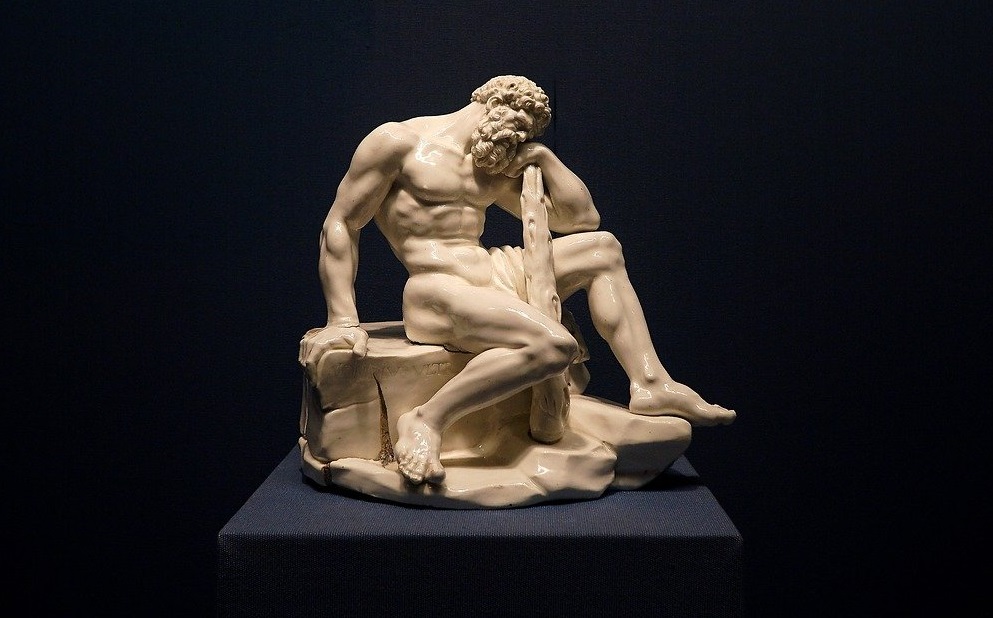Below is an amended excerpt from an interview with Greta Aurora which touches on archetypes of masculinity and femininity appearing in traditional mythologies.

Greta Aurora: You previously mentioned you don’t agree with looking at masculinity and femininity as the order-chaos duality. Is there another archetypal/symbolic representation of male and female nature, which you feel is more accurate?
Peter Wright: Some archetypal portrayals in mythology are distinctly male and female, such as male muscle strength and the various tests of it (think of the Labours of Hercules), or pregnancy and childbirth for females (think Demeter, Gaia etc.). Aside from these universal physiology-celebrating archetypes, many portrayals of male or female roles in traditional stories can be viewed instead as stereotypes rather than archetypes in the sense that they are not universally portrayed across different mythological traditions (as would be required of a strictly archetypal criteria in which images must be universally held across cultures).
For example you have a Mother Sky and a Father Earth in classical Egyptian mythology, which is a reverse of popular stereotypes, and males are often portrayed as nurturers. This indicates that material nurture is not the sole archetypal province of a feminine archetype. Also, many archetypal themes are portrayed interchangeably among the sexes – think of the Greek Aphrodite or Adonis both as archetypal representations of beauty, or Apollo and Cassandra as representatives of intellect, or of the warlikeness to Ares or Athene.
To my knowledge the primordial Chaos described in Hesiod’s Theogony had no apparent gender, and when gender was assigned to Chaos by later writers it was often portrayed as male. There is no reason why we can’t assign genders to chaos and order to illustrate some point, but we need to be clear that this rendition is not uniformly backed by archetypal portrayals in myths – and myths are the primary datum of archetypal images. So broadly speaking the only danger would be if we insist that chaos must always be female, and order must always be male as if that formula were an incontrovertible dogma.
There’s also a rich history of psychological writings which look at chaos as a state not only of the universe, or of societies, but as a potential in the psyche or behavior of all human beings regardless of gender; e.g. this factor elaborated for example in the writings of psychiatrists R.D. Laing and by W.D. Winnicott .